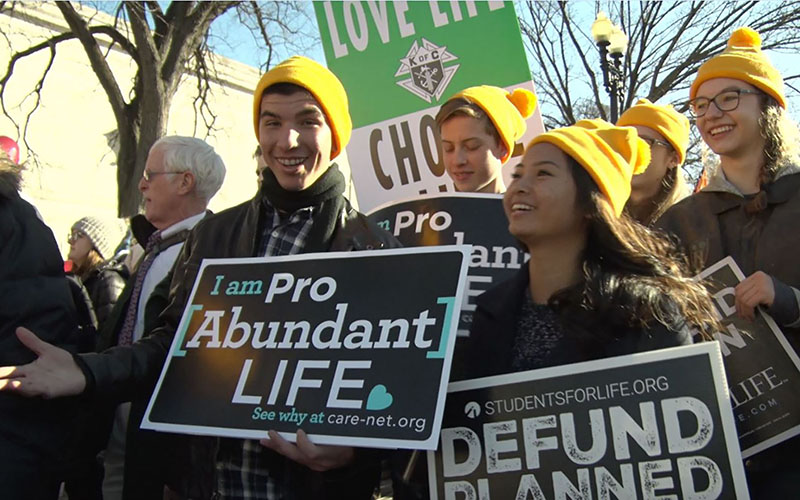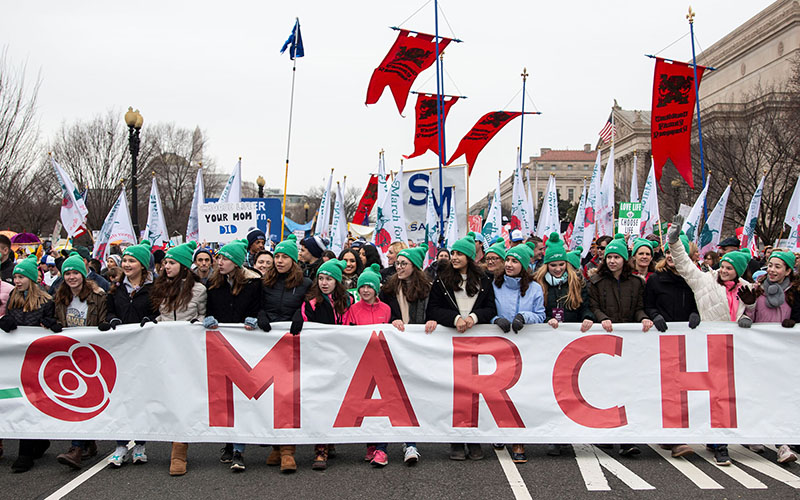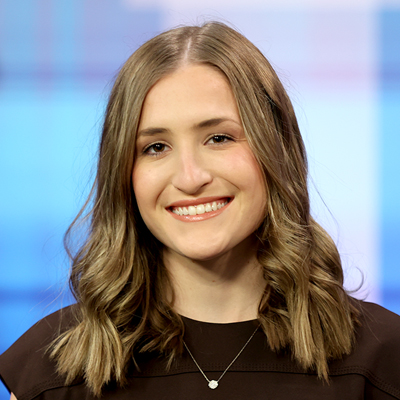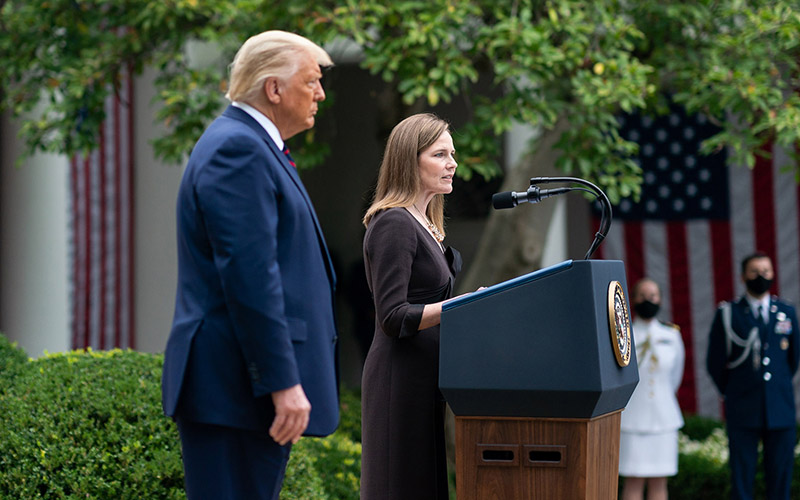
Arizona Catholics are usually well represented at the National March for Life, like these students at the 2018 march from St. Mary Magdalene Catholic Church in Gilbert. That’s not likely at this year’s event, which will be largely virtual in the face of the surging COVID-19 pandemic. (File photo by Ariana Bustos/Cronkite News)
WASHINGTON – In any other year, scores of Arizonans would be heading to Washington about now to take part in the National March for Life, an annual anti-abortion event that typically draws tens of thousands.
But this year’s event will include very little marching, and a lot more surfing.
The march, like so many other events in the past year, will be largely virtual due to COVID-19. March organizers said on their website that they “look forward to being together in person next year. As for this year’s march, we look forward to being with you virtually.”
In the meantime, supporters can watch a streaming rally with speeches from pro-life leaders and a musical performance, followed by a march to the Supreme Court by a small group.
“I’m sad it’s not going to be a strong in-person event, but I know it’s going to have a big impact. The internet is such a powerful tool to get the word out,” said Michael Phelan, director of the Office of Marriage and Respect Life for the Catholic Diocese of Phoenix.
“I’m glad that they’re moving forward with it, I think it’s going to be very good,” he said.
This is the 48th annual march, which falls on the anniversary of the Supreme Court’s ruling in Roe v. Wade, the case that recognized a woman’s right to seek an abortion. It typically draws thousands of anti-abortion protesters – as well as a small number of abortion-right counterprotesters.
Murphy Bannerman, communications manager for Planned Parenthood Advocates of Arizona, said the organization does not encourage its members to go to Washington to counter the march.
“It’s important for people to express their opinions wherever they stand on the issue,” Bannerman said. “We don’t stand against March for Life having their event and standing up for what they believe in.
“What we do oppose is oftentimes during these rallies there is a lot of misinformation that is shared about what groups like ourselves, Planned Parenthood, what kinds of medical services we do and don’t provide and so that is something that we want to be very clear about,” she said.
Cathi Herrod, president of the Center for Arizona Policy, has attended the march for the last three years. But while she will not be there in person this year, she hopes to join some of the activities that go on throughout the day.
“Not being in D.C. for the March for Life does not mean that the pro-life movement is giving up, that we’re throwing in the towel,” Herrod said Thursday. “The pro-life movement today is as strong as it has ever been.”
This year’s march would end up in front of a Supreme Court that has is heavily oriented toward conservative justices for the first time in decades. While she likes the new makeup of the court, Herrod said she is not counting Roe v. Wade out yet.
“Until we see some life-related decisions, more likely decisions come out, you really can’t predict” what the court will do, she said.
Students at Brophy College Preparatory, one of several Arizona schools that usually sends a contingent to the march, will instead take a larger look at pro-life issues in the community, said Paul Fisko, the school’s assistant principal for ministry.

Event organizers still plan to march on the Supreme Court, but with just a small group of speakers and officials, unlike the crowd that marched down Constitution Avenue last year. (File photo by Christopher Scragg/Cronkite News)
“We certainly could have signed up to do some virtual interaction with the march, however what we opted to do was basically focus inward on our own communities’ awareness about life issues,” Fisko said.
That began earlier this month and will continue next week with clubs and organizations across campus hosting events like an on-campus march to increase awareness of what he called “pro-whole-life.”
“Pro-life does not stop at the womb and therefore the politics around it have to kind of be set aside to really engage what it means to be pro-whole-life, from womb to tomb … as we say, but includes so many issues like immigration and racism and poverty,” Fisko said.
Phelan said the virtual event will not be able to replace the experience for students of being at the march, which he said “is the most valuable thing about those marches, because you never forget it the rest of your life.”
But that has not stopped the diocese from encouraging Catholics from participating in the event, even if they are 2,000 miles away.
“They have quite the speaker lineup this year,” Phelan said. “It was kind of fun to see.”

